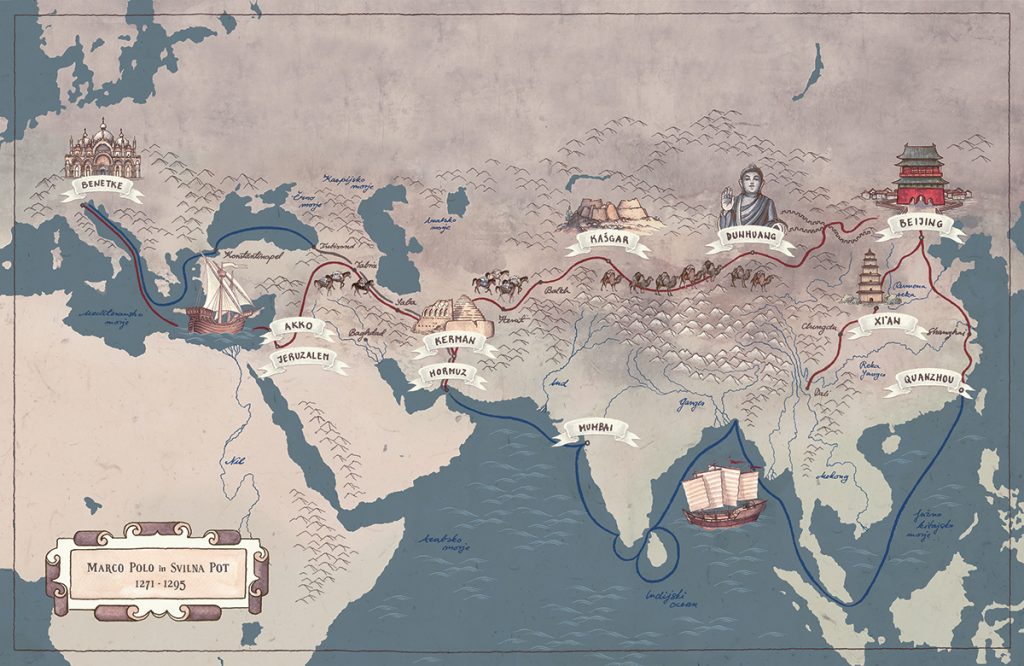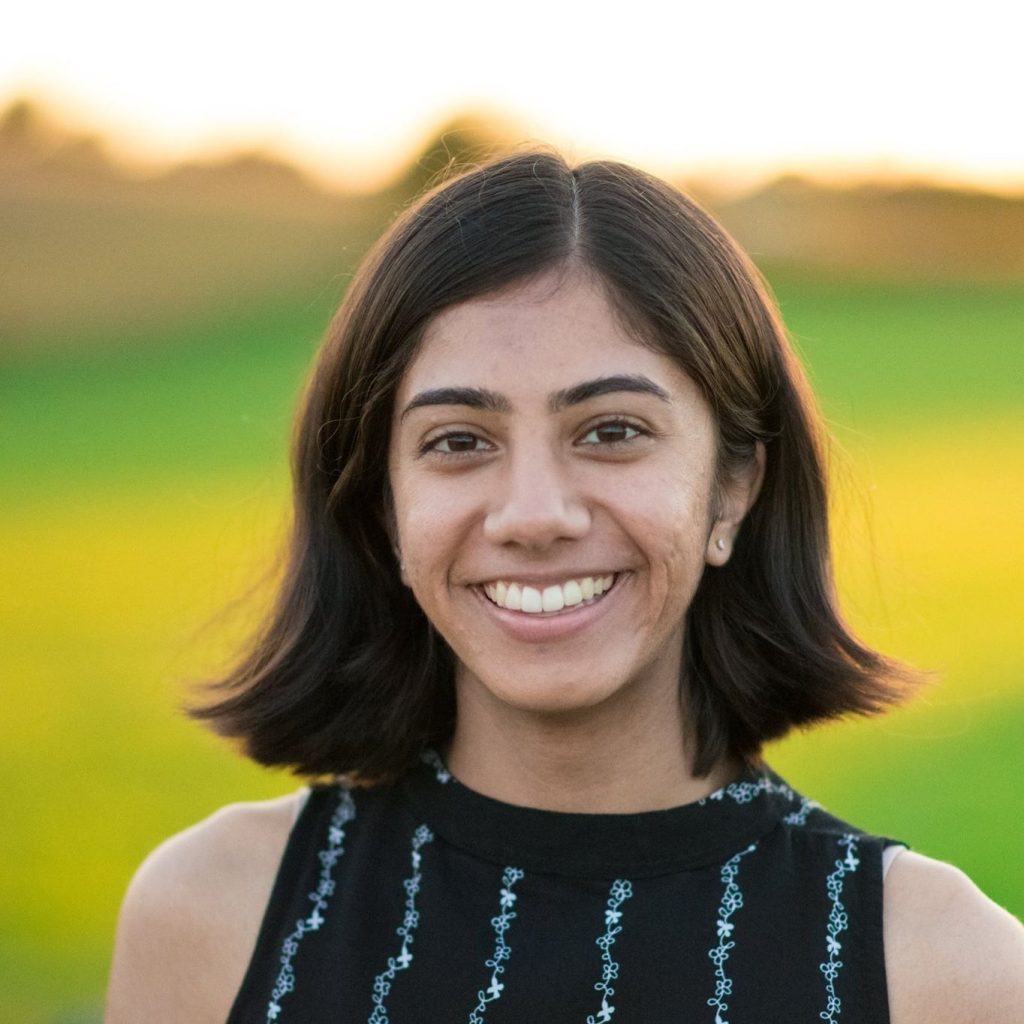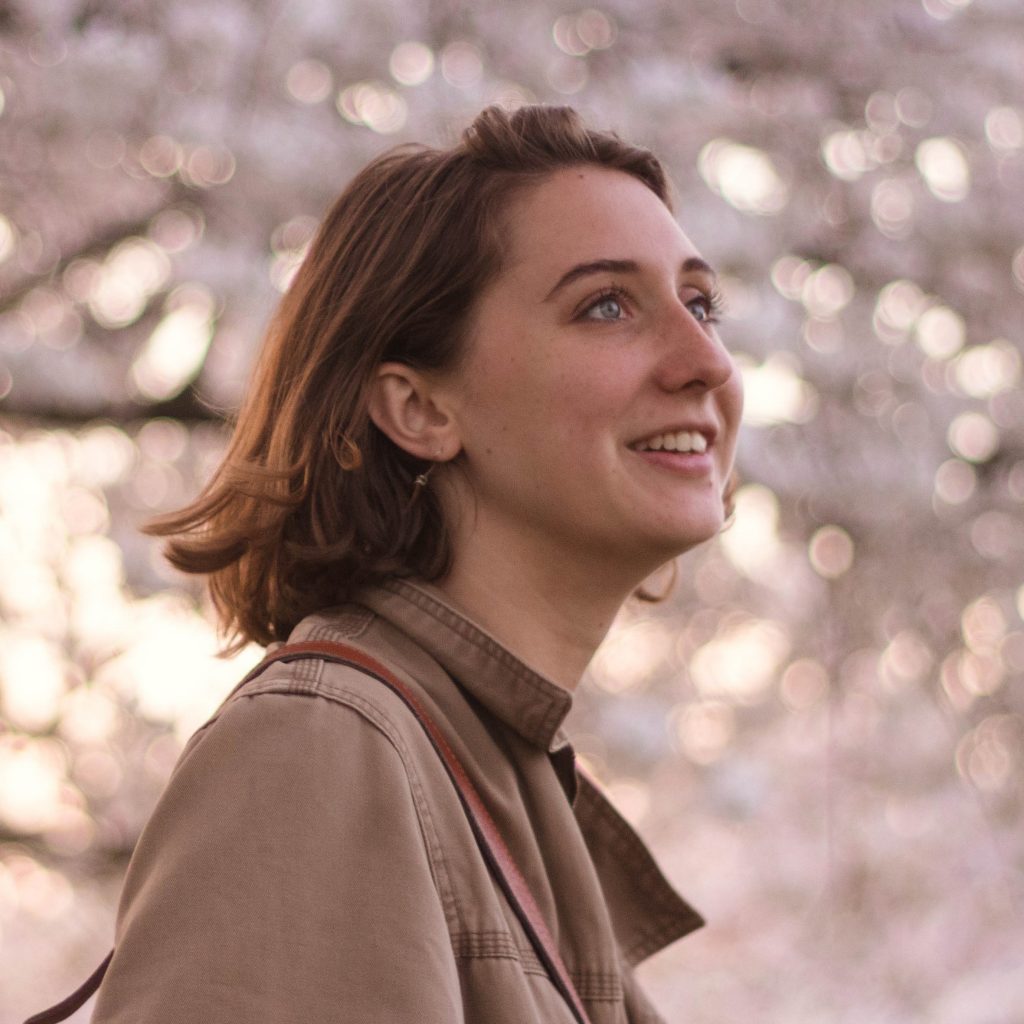With mask mandates being overturned and numerous places going back to “normal,” COVID is becoming more of a subconscious thought. Now, this is not a true statement for the entire population, since there are people who are looking at the effects of the pandemic and the virus itself.
I attended a poster presentation for the “The Pandemic Divide” event hosted here at Duke by the Samuel Dubois Cook Center on Social Equity. To me, all the poster boards conveyed the theme of how COVID-19 had affected our lives in more ways than just our health. One connection that particularly caught my eye would be the one between American Education and COVID.

As a student who lived through COVID while attending high school, I can safely say that the pandemic has affected education. However, based on the posters I saw, it is important to know that education, too, has a strong and impactful impact on COVID-19.

The first evidence I saw was from Donald J. Alcendor, an associate professor of microbiology and immunology at Meharry Medical College in Nashville. His poster was about the hesitancy surrounding COVID-19 vaccines. One way he and his team figured out to lessen the hesitance from the public was to improve the public’s trust. To achieve this, Alcendor and his team sent trusted messengers into the community. One of the types of messengers they provided was scientists who studied COVID-19. These scientists were able to bring factual information about the disease, how it spreads, and the best course of action to act against it. Alcendor and his research team also brought in “vaccine ambassadors” to the community and a mobile unit to help give the community vaccines. He noted that this was accomplished with support from the Bloomberg Foundation’s Greenwood Initiative, which addresses Black health issues.
With this mobile unit, Alcendor and his team were able to reach people and help those who were otherwise unable to receive help for themselves because of their lack of transportation. They provided people from all backgrounds with help and valuable information.
Alcindor said he and his team planned pop-up events based on where the community they were trying to reach congregates. With the African American community, he planned pop-up events at churches and schools. Then for the Latino community, he planned pop-events where families tend to gather, and he held events in Latin0 neighborhoods. In addition, he made sure that the information was available in Spanish at all levels, from the flyers and the surveys, to the vaccinators themselves.
All of these amenities that he and his group provided were able to educate the community about COVID-19 and improve their trust in the scientists working on the disease. Alcendor and his team were able to impact COVID-19 through education, and by going to the event, it was evident to me that he was not the only one who accomplished this.
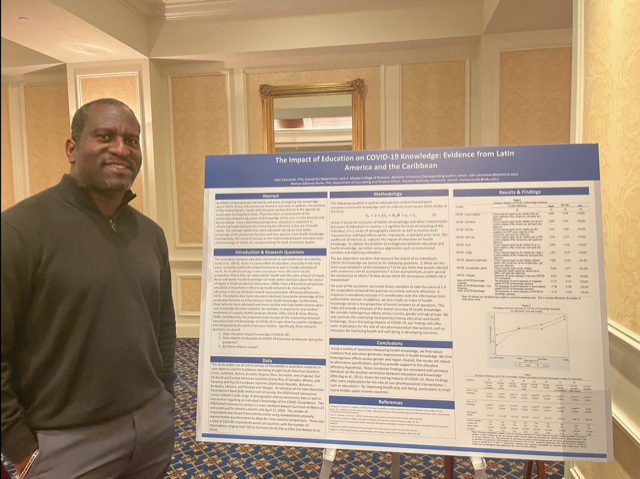
Colin Cannonier, an associate professor of economics at Belmont University in Nashville, asked and answered the question, “does education have an impact on COVID? Specifically, does it change health and wellbeing?” To answer this question, he researched how education about COVID can affect a person. He discovered that when a person is more educated about COVID, how it is spread, and its symptoms, they are more likely to keep the pandemic in check through their behavior. He came to this conclusion because he realized that when higher educated people know more about COVID, they exhibit behaviors to remain healthy, meaning that they would follow the health protocols given by the health officials.
While this may seem like common sense that the more educated a person is, the more they make smart choices pertaining to COVID, this shows how important education is and how deadly ignorance is. Cannonier’s research gave tangible evidence to show that education is a weapon against diseases. Unfortunately, it is evident that some officials did not believe in educating the public about the virus or the virus itself, and that proved to be extremely deadly.
To fully capture the relationship between COVID and education, one must also talk about how COVID-19 affected education.

Stacey Akines, a history graduate student at Carnegie Mellon University, studied how education was changed by the pandemic.
First, she realized that COVID schooling crossed over with homeschooling. Then she uncovered that more Black people started to research and teach their children about Black history. This desire to teach youth more about their history caused an increase in the number of Black homeschoolers. In fact, the number of Black homeschoolers doubled during the fall of 2020. While to some, this change to homeschooling may have a negative impact on one’s life, it actually gives the student more opportunities to learn things.
It is no secret that there are many books being banned here in the U.S., and there are many state curriculums that are changing to erase much of Black history. Homeschooling a child gives the parent an opportunity to ensure that the education they receive is true to and tells their history
Unlike me, where during high school, education felt lackluster and limited because of COVID, some parents saw an opportunity to better their child’s education.

I hope that it is clear that the relationship between COVID and education is a complex one. Both can greatly impact each other, whether it’s for the better or for the worse. COVID thrives when we are uneducated, and it very nearly destroyed education too, but for the efforts of some dedicated educators.
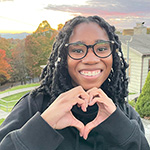
Post by Jakaiyah Franklin, Class of 2025

